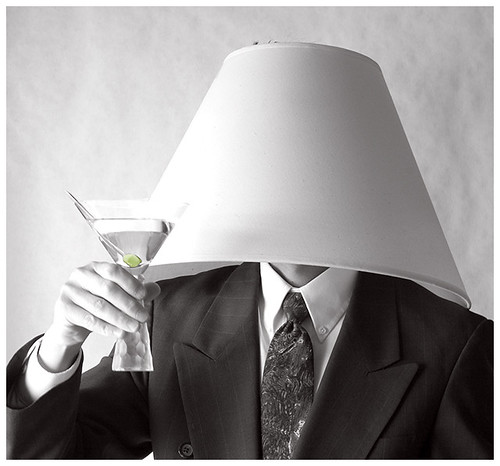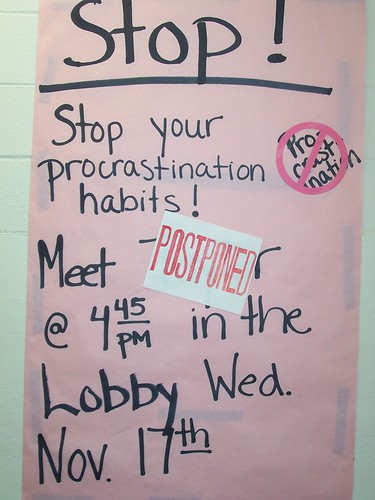Can making breakfast make you more creative?
ing everyday things in unconventional ways can stimulate creative thinking. This study had people mix up their usual breakfast making routines. That alone resulted in higher scores on creativity tests. Via Miller McCune: Want to boost your creativity? Tomorrow morning, pour some milk into an empty bowl, and then add the cereal. That may sound, well, flaky. But according to a newly published study, preparing a common meal in reverse order may stimulate innovative thinking. Avoiding conventional behavior at the…
1 min read
What should you think about to immediately increase self-control?
ink about money: Self-control draws upon a resource that is limited, such that acts of self-control deplete the resource, causing performance on subsequent acts of self-control to suffer. In this research, we demonstrate that activating the concept of money can buffer this ego depletion effect. Across two experiments using varied operationalizations of self-control, participants completed an initial task that depleted self-control resources or not, were then reminded of money or neutral concepts, and finally, completed a second task requiring self-control.…
1 min read
How important is it to employees that their workplace be fun?
n was more attractive than compensation or opportunities for promotion: The present study extended previous research on fun in the workplace by examining the influence of workplace fun in the context of applicant attraction. Specifically, this research examined the impact of workplace fun relative to other key predictors of applicant attraction. Furthermore, this research examined the impact of different sources of workplace fun—fun coworker interactions, fun job responsibilities, and formal fun activities. With a sample of collegiate job seekers, the…
1 min read
Is a touch on the arm all it takes to make you persuasive?
light touch on the arm dramatically increases compliance with all manner of requests, from asking for money to getting a woman's phone number. Via Richard Wiseman's excellent book 59 Seconds: Change Your Life in Under a Minute: A large number of studies has shown that touching someone the upper arm for just a second or two can have a surprisingly significant effect on how much help they then provide. In one experiment American researchers approached people in the street and…
1 min read
Here’s What Your Facebook Profile Tells People About Your Job Performance
a WSJ: After spending roughly 10 minutes perusing each profile, including photos, wall posts, comments, education and hobbies, the raters answered a series of personality-related questions, such as "Is this person dependable?" and "How emotionally stable is this person?" Six months later, the researchers matched the ratings against employee evaluations from each of the students' supervisors. They found a strong correlation between job performance and the Facebook scores for traits such as conscientiousness, agreeability and intellectual curiosity. Raters generally gave…
1 min read
What everyday object can motivate you to work harder and be a better person?
mirror. From Willpower: Resdiscovering the Greatest Human Strength: When people were placed in front of a mirror, or told that their actions were being filmed, they consistently changed their behavior. These self-conscious people worked harder at laboratory tasks. They gave more valid answers to questionnaires (meaning that their answers jibed more closely with their actual behavior). They were more consistent in their actions, and their actions were also more consistent with their values. And: Whenever people focused on themselves,…
2 minutes
Is postponement the key to resisting temptation?
lling yourself "Not now, but later" is far more powerful than "No, you can't have that." From Willpower: Resdiscovering the Greatest Human Strength: ...people who had told themselves Not now, but later were less troubled with visions of chocolate cake than the other two groups... And: Those in the postponement condition actually ate significantly less than those in the self-denial condition...The result suggests that telling yourself I can have this later operates in the mind a bit like having it…
2 minutes
What’s an easy way to increase self-control?
rk on improving your posture. From Willpower: Resdiscovering the Greatest Human Strength: Unexpectedly, the best results came from the group working on posture. That tiresome old advice—“Sit up straight!”—was more useful than anyone had imagined. By overriding their habit of slouching, the students strengthened their willpower and did better at tasks that had nothing to do with posture. The improvement was most pronounced among the students who had followed the advice most diligently (as measured by the daily logs the…
1 min read








